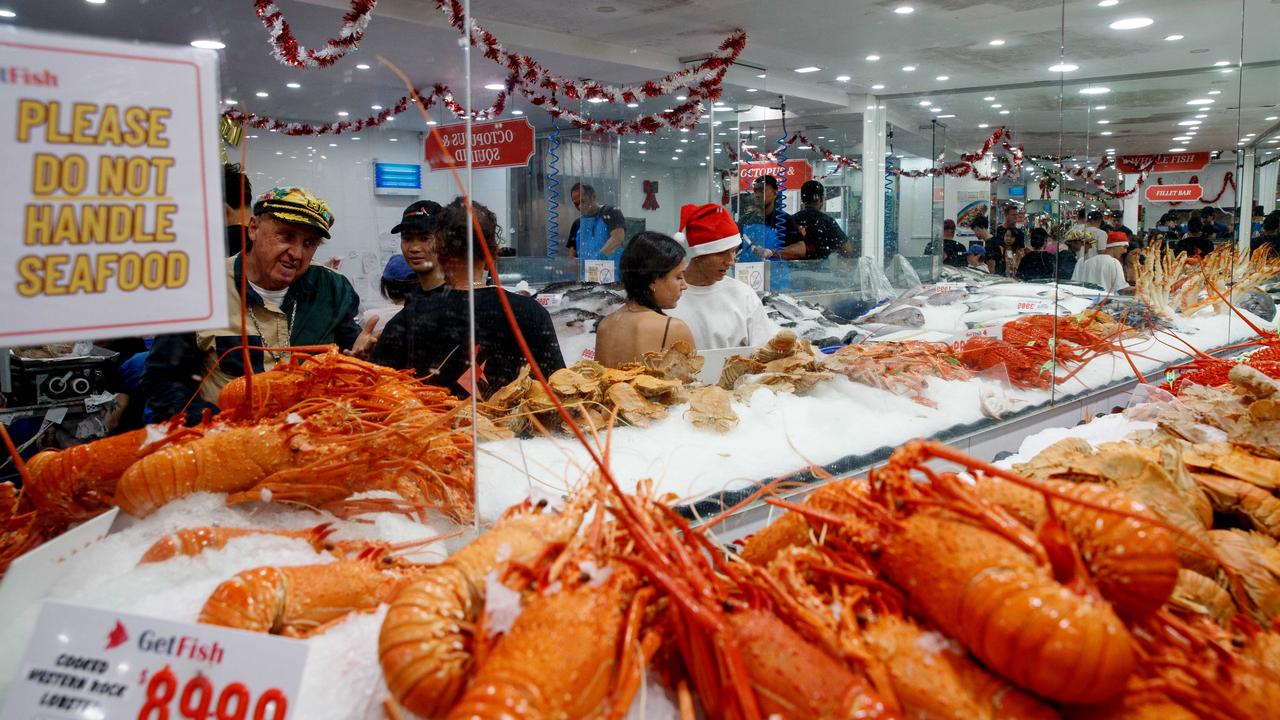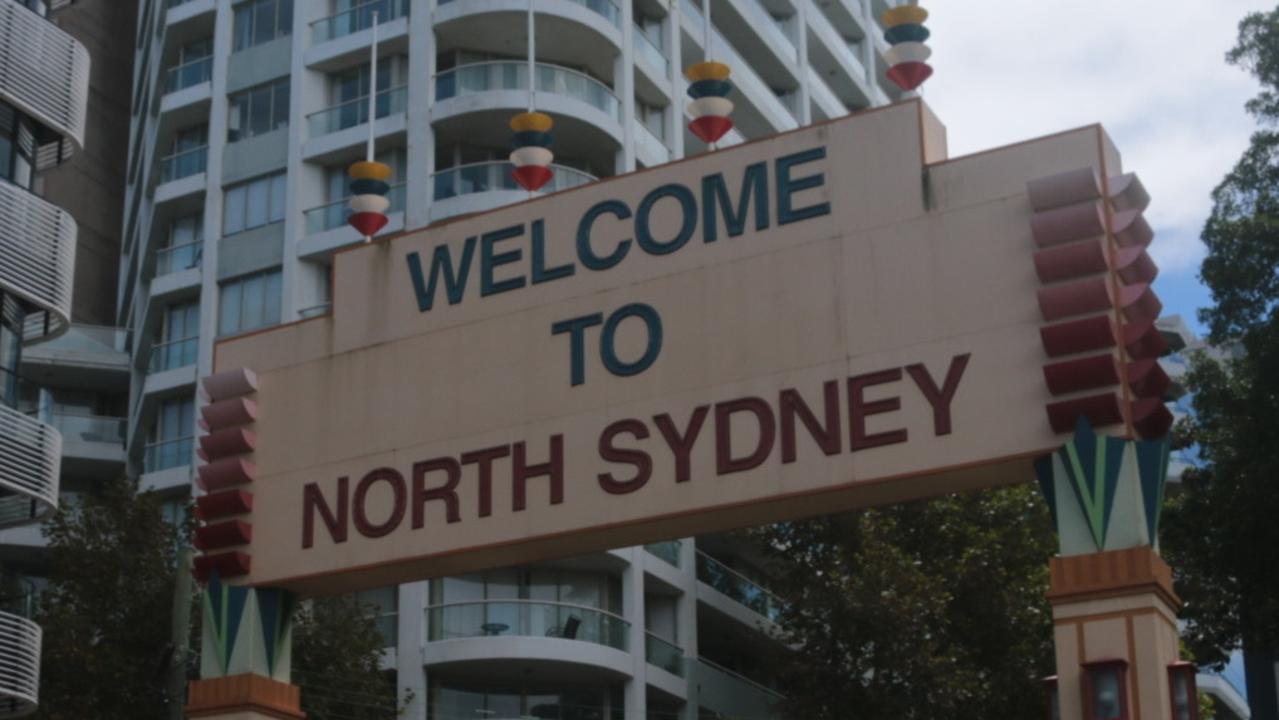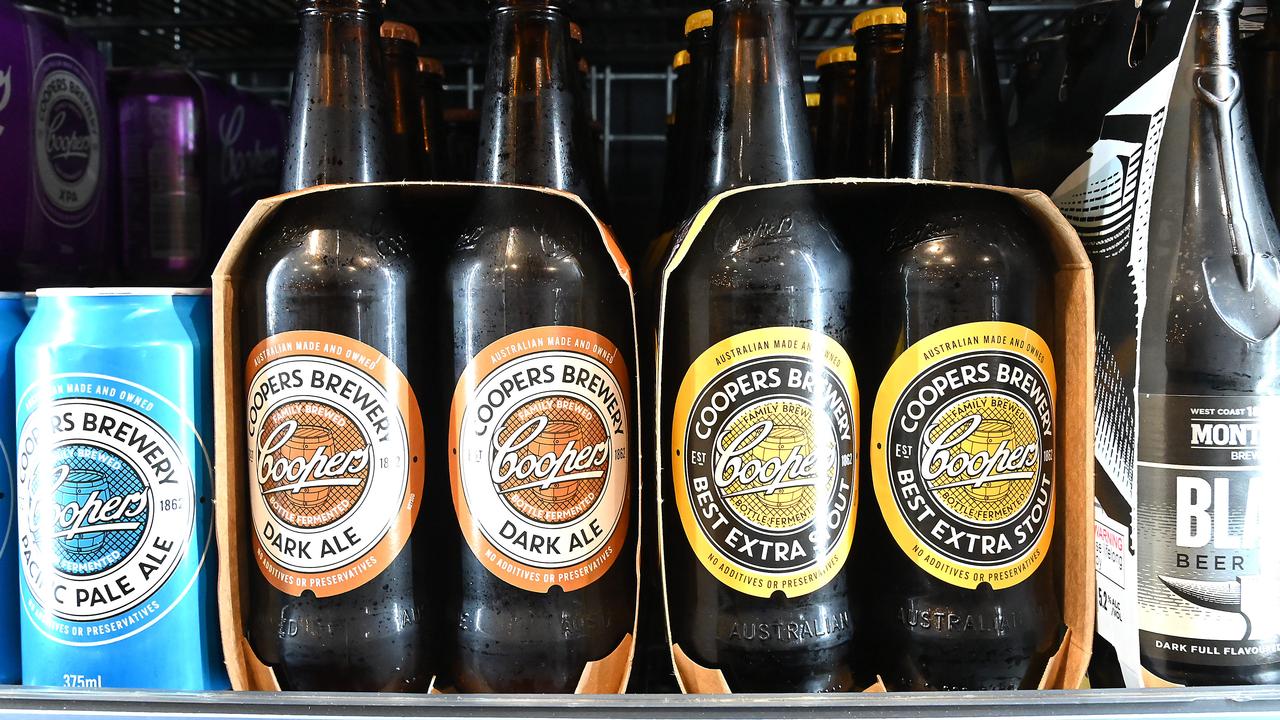Entrepreneurs making millions from ‘feel-good’ business ideas
ABIGAIL Forsyth was told her business idea was “stupid”. Now she’s making millions selling this everyday product around the world.
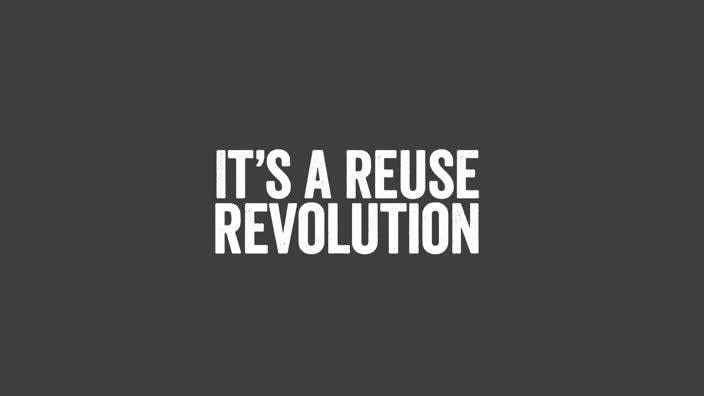
ABIGAIL Forsyth was told her business idea was “stupid”.
Now the Melbourne entrepreneur is making millions selling her product around the world, as one of a growing number of businesses combining profit with positive change.
KeepCups, once the daggy accessory of sustainability geeks, have become seriously cool thanks to a shift in consumer thinking — and business is booming.
In the past month, Ms Forsyth said, demand for the reusable plastic coffee cups spiked dramatically after ABC documentary series War on Waste, starring The Chaser comedian Craig Reucassel, hit our screens.
“We have been absolutely smashed, inundated, since that aired,” she said, referring to an episode that drew attention to the fact most disposable coffee cups — even paper ones — cannot be recycled.
“Our internet sales have quadrupled, our inquiries have quadrupled, cafes have called us saying they’ve run out already,” Ms Forsyth told news.com.au ahead of her talk at the Chartered Accountants Business Forum in Sydney on Tuesday.
“Also, people who have had a KeepCup and haven’t been using it have brought it in again and re-engaged with the habit.”
It’s just the latest coup for a family-run Australian venture that has grown from a simple idea into a global business.
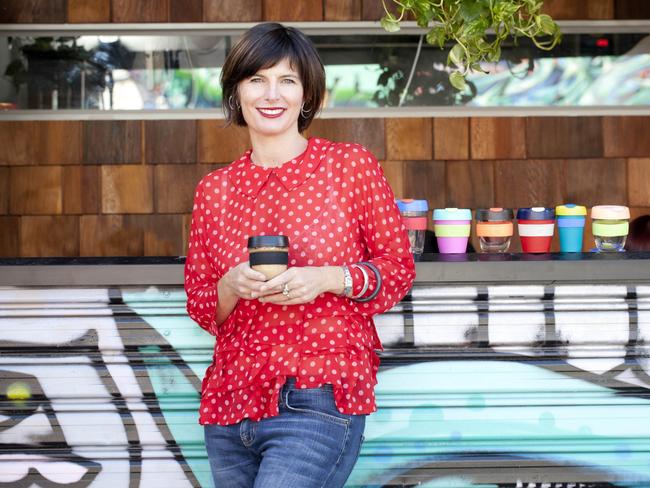
FROM LEAKY CUPS TO OVERNIGHT SUCCESS
Ms Forsyth first started thinking about reusable coffee cups while running cafes with her brother Jamie in Melbourne more than a decade ago.
“We were one of the first to bring in disposable cups then, lo and behold, everyone started drinking from them, and I started to become concerned about the amount of packaging we were going through,” she said.
The only reusable options on the market at the time were Thermos-style mugs that were too big to fit under the espresso machine — not to mention the wrong size for a standard flat white.
“We did some market testing to see whether people would re-use if they had the right product, then engaged industrial designers and manufacturers,” Ms Forsyth said.
“Then we pitched it to corporates as part of internally ‘greening’ their employee behaviour, and then we went to design markets and it sort of took off from there.”
But it wasn’t all smooth sailing; one designer dismissed the product as “the stupidest idea I’ve ever seen”.
The first production run in 2008 had a fatal design flaw, with leak-prone cups that were too hot to hold.
And there was resistance from cafe owners who feared breaching health and safety regulations, forcing the entrepreneurs to obtain legal advice stating that the product was compliant.
“There was a lot of convincing people that they were able to refill a reusable cup,” Ms Forsyth said.
The turning point came at a Melbourne design expo, where the pair sold 1000 cups in six hours. From there, demand grew among local coffee drinkers and cafe owners before spreading overseas.
A GLOBAL OPERATION
KeepCup now employs 50 people in 65 countries, with offices in Fitzroy, London and Los Angeles.
It has sold more than five million cups globally, and Ms Forsyth estimates that KeepCup users are responsible for diverting 3.5 billion disposable cups from landfill every year. The cups last about five years if they are used regularly.
“Every person who uses disposable cups, if they have one coffee a day, five days a week, would (normally) go through up to 3kg of plastic in a year,” she said; but knowing this was not enough to get people on board, she admitted.
“It’s ‘feel good, do good’. So you need to first like the product, the colours, the design, and then when you have that engagement with it, then you’ll keep using it over and over again,” Ms Forsyth said.
“If you’re doing it simply because its worthy and probably the right thing to do, that’s not the best motivator for behavioural change.”
MAKING ‘SUSTAINABLE’ COOL
Another entrepreneur who has made a socially conscious product trendy is Who Gives a Crap founder Simon Griffiths.
The former product engineer didn’t see much that needed tweaking about toilet paper, but decided the simple product was perfect vehicle for his charitable venture.
Half of the company’s profits are used to build toilets in the developing world, and it has managed to give more than 50,000 people access to sanitation with no marketing or advertising budget to speak of.
He said doing good in the world was “good business” and helped cultivate customer loyalty.
“We’re not asking anyone to change their behaviour, just embedding this in what they already do every day,” Mr Griffiths told fellow entrepreneurs at the Business Forum.
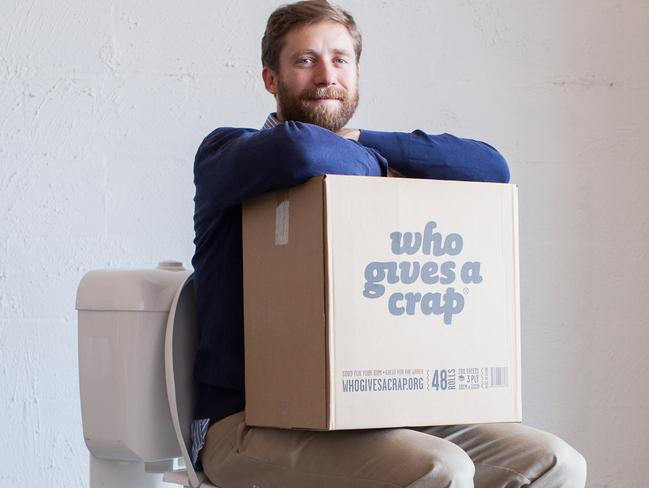
It all started with a viral YouTube video back in 2012, when Mr Griffiths was live streamed sitting on a toilet for 51 hours while crowd funding the $50,000 needed for an initial production run.
“The whole stunt ended up being one of the most horrible things I’ve ever done in my life,” he said.
But it was a roaring success, garnering enough attention for the pre-orders to start pouring in.
Who Gives A Crap has since tripled in size, and has now sold “enough toilet paper to go to the moon and back”, Mr Griffiths said.
It has a loyal social media following, with humour and irreverence a big part of its appeal, taking a different approach to traditional toilet paper brands.
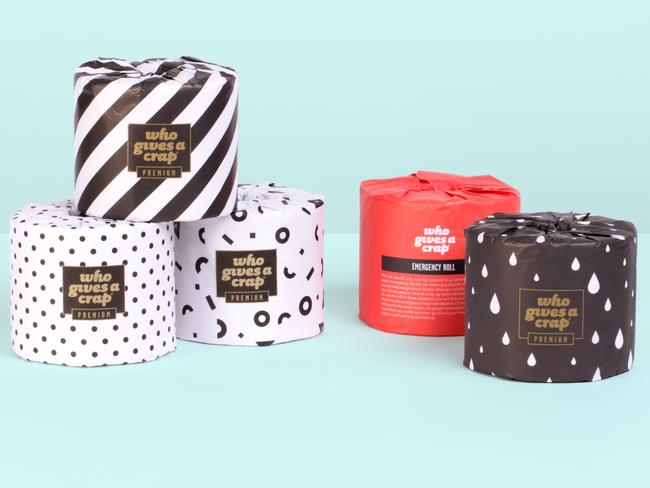
While its founders initially planned to get the supermarkets on board, a subscription model was chosen after this proved unviable.
The toilet rolls come individually wrapped in boxes of 24 or 48, with free shipping on orders over $30.
When you get close to the bottom of the pack, the wrapping carries a “warning” message prompting customers to reorder.
The aim, Mr Griffiths said, was to solve the developing world’s sanitation problem by 2025 — an ambitious goal that “we can’t do alone”.
He hopes to inspire other businesses to get involved in philanthropic pursuits.
“If we can show it’s possible to generate both financial and social returns on our business model, that’s going to attract new entrepreneurs and business,” Mr Griffiths said.


